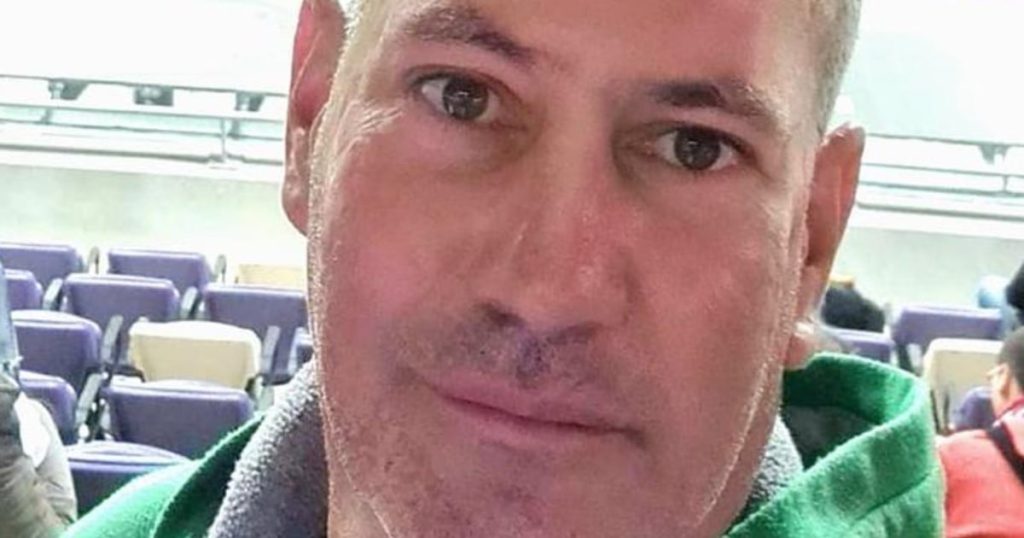The Israeli military successfully recovered the body of Elad Katzir, an Israeli hostage who died while in captivity in the Gaza Strip, during a raid in Khan Younis. Katzir had been held by Palestinian Islamic Jihad, a militant group that participated in attacks in October alongside Hamas. The United States and the European Union consider PIJ a terrorist organization. Katzir’s body was returned to his family, bringing closure to his loved ones. His sister, Carmit Palty Katzir, expressed gratitude that her brother will now have a proper burial in Nir Oz, criticizing the Israeli government for not acting sooner to save him.
Katzir, who was taken hostage at age 47 in October, had been a liaison between the kibbutz Nir Oz and the military, where he worked on agricultural irrigation systems. In a video released by PIJ’s military arm, Al-Quds Brigades, Katzir pleaded for his release alongside another hostage, Gadi Moses. During the attacks on Nir Oz, Katzir’s father, Avraham-Rami Katzir, was killed, and his mother, Hanna, was also taken hostage but eventually released. The Katzir family has been deeply affected by the violence, and Carmit Katzir accused the Israeli leadership of prioritizing political considerations over the lives of hostages.
The IDF expressed condolences to the Katzir family and vowed to continue efforts to locate and return the remaining hostages in Gaza. Despite ongoing hostilities, Hamas announced its intention to send a delegation to participate in negotiations for a possible hostage deal in Cairo. President Joe Biden recently called on Israel to agree to an immediate cease-fire, signaling the international community’s concern for the escalating conflict in Gaza. The recovery of Katzir’s body highlights the human cost of the conflict and the importance of finding peaceful resolutions to prevent future tragedies.
The tragic fate of Elad Katzir underscores the complex dynamics at play in the Israeli-Palestinian conflict, where individuals become casualties and bargaining chips in the pursuit of political goals. The emotional toll on families like the Katzirs serves as a reminder of the enduring impact of violence and insecurity on civilian populations caught in the crossfire. As diplomatic efforts continue to seek a lasting truce and resolution to the conflict, the human stories behind the headlines emphasize the urgency of prioritizing peace and reconciliation.
The conflict in Gaza has claimed numerous lives and left families shattered by loss and trauma. The recovery of Katzir’s body offers a bittersweet moment of closure for his loved ones, yet it also raises questions about the effectiveness of political negotiations and the protection of civilians in conflict zones. As calls for peace gain momentum, the international community faces the challenge of fostering dialogue and de-escalation to prevent further bloodshed and suffering. The courage and resilience of individuals like Elad Katzir and his family underscore the need for empathy and understanding in resolving conflict and healing deep wounds in divided societies.
In the aftermath of Katzir’s death, his family’s calls for accountability and justice resonate with a wider audience seeking truth and reconciliation in the Israeli-Palestinian context. The impact of his loss on the community of Nir Oz and beyond underscores the interconnectedness of personal loss and collective trauma in conflict zones. While the recovery of his body symbolizes a degree of closure, the search for answers and accountability remains ongoing. As efforts to secure a lasting peace in Gaza progress, the memory of Elad Katzir’s life and death serves as a poignant reminder of the human cost of war and the imperative of seeking justice and reconciliation for all affected parties.


